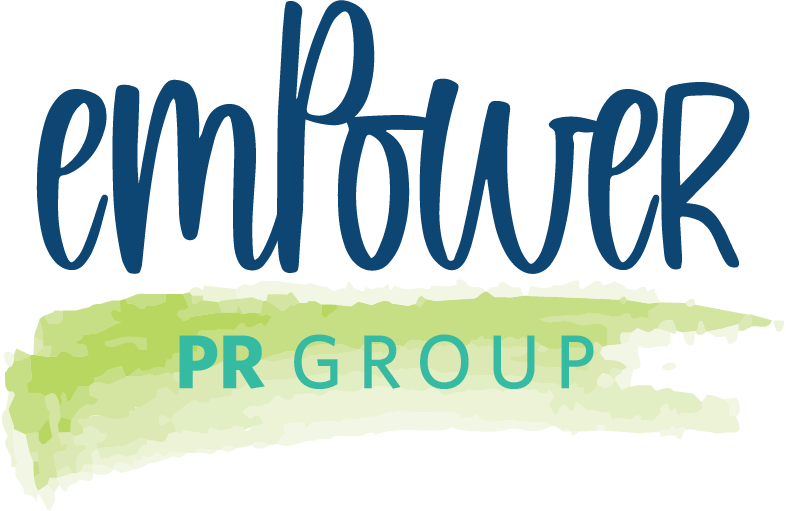As I help my kiddos perfect their costumes for tonight’s festive endeavors (for those reading this days, weeks or years later … it’s Halloween!), I’m finding an odd connection between the joy of putting on a different persona one day each year with a recent question I was asked by an aspiring author. (Yes, when you love what you do you tend to have some of your most creative thoughts when doing something else seemingly altogether different. And yet, this time, it’s not.)
Halloween is a day where you can get excited to be someone else for a night. As I’ve perused social media, I’ve found myself smiling at the unique costumes that kids (and adults) are donning. And while my family may call me a bump on a log since I don’t like dressing up (except for the orange T-shirts my husband and I wear each year – his having a pumpkin on it and mine sporting the math symbol for pi … get it?! Together we are pumpkin pie … I know, I know … it’s not very original), I do enjoy seeing how excited everyone else gets taking on a different identity.
It’s fun. It’s creative. It’s expressive. It’s freeing.
I couldn’t help but wonder if, as an author, we could have those same feelings if we chose to publish a book under a different persona … a pseudonym, per se. And, I think with the right marketing approach we just may.
Reasons for Considering a Pseudonym
A pen name or an alias or a pseudonym … whatever you want to call it, it’s when you don’t use your legal name in connection with a published piece of work you create. After recently being asked how to market a book this way, I paused to run through my mental rolodex of marketing strategies and tactics that I know work and work well. And before I shared some tangible marketing tips, I reflected on why someone may want to consider using a pseudonym in the first place as it could directionally guide a book’s marketing strategy.
Strong marketing tactics are typically built upon author branding and engagement. I’m in the business of relationship building and I teach authors how to authentically do that with their current and potential readers. But when the author doesn’t want to be known, it could pose a problem. Unless you build your marketing strategy around it from the beginning.
The first thing to consider is why you may want to write using a pen name. Here are some potential reasons:
- Privacy is pivotal. No questions asked. Some of us authors love when our readers identify us and get excited doing so. Others want to protect their anonymity. If privacy is something you seek, using a pen name could be a good solution.
- You may write in another genre and you don’t want to confuse your audience. Some authors who write in various genres adapt their published name accordingly. Take Joanna Penn who writes both fiction and nonfiction. Depending upon the book’s genre, she writes under the name J.F. Penn or Joanna Penn accordingly.
- Your sharing skeletons from your closet. I understand this reason intimately as I wrote about a secret I held onto for over 20 years in my first book. I was terrified when the book published for fear of retribution. Whatever the skeletons may be, if the message matters, don’t let your connection to it stop the world from being changed by it.
Tips to Spread the Word without Spreading Your Name
Whatever your reason, books can still make a splash and a lasting impact if you publish under a pen name. Look at J.K. Rowling’s Harry Potter series. And even Stephen King has used a pseudonym before. While it tends to be a bit easier for fiction authors to successfully market books leveraging fictitious names, when the reasons are strong and your marketing plan is aligned, nonfiction authors can have success at it too.
Here are a few tips to consider if you’d like to stay behind the mask but still want to share your story with those who need to hear it.
Strategic partnerships are game-changing and should be a part of the strategy early on.
I love strategic partnerships and incorporate the marketing approach with nearly every author I collaborate with. However, for nonfiction authors who opt to use a pen name, building and leveraging a strategic partnership could be a key success factor from the beginning. In my first book, I wrote a single chapter about my personal experience with sexual harassment. It was an experience that I was forced to remain silent about for decades for fear of unlawful retribution. Sharing my story felt risky. I was terrified. But I knew that it could change the lives of many. The story needed to be told.
I partnered with a local organization that aligned with my book’s message of hope in the face of sexual abuse and incorporated the partnership as a part of my book’s launch. Their support gave me the courage to keep going. If you are wanting to write a book about a sensitive topic, and you hope to remain anonymous, consider finding an organization that aligns with your book’s message and create a strategic partnership early on. They may be able to help promote your book and its important message to those who need it without you having to!
Focus on building a book platform instead of an author platform.
One of the first things I encourage authors to do is to begin building a platform once they know that writing and publishing a book is something that they are considering. I typically encourage them to focus on an author platform … which, in essence, means that are building visibility and demand for their work before their work is even ready to purchase. It’s so much easier to sell a book when it’s something people are asking for! However, how do you do that when you don’t want to be known?! Flip the switch and instead of building an author platform, focus on building a book platform.
Do some research into who your book’s target audience is and create a visibility plan where they are. Typically, this includes having a strong digital presence. A website is key for most authors to have as well as building visibility and engagement on a few social media platforms. The same holds true for books … build a strong website to promote the book and leverage social media to focus on the book. Platforms like Instagram may be a great tool to help you speak to the book’s message without acknowledging who you are as an author. Leverage your pen name and build up visibility for that name versus your own.
Keep in mind, however, that what differentiates typical marketing strategies with effective ones is the authenticity that comes along with it. It’s harder to build trust when you aren’t sharing the you behind the book … however, be honest with your followers and fans. Let them know that your privacy is pivotal and share why. I suspect you will get support from those who need your message and they will respect your wishes.
Build in a middle layer between you and your marketing efforts.
To have the strongest anonymity, I recommend you find a person or a group (such as a marketing agency like us) who can sign a non-disclosure agreement to maintain your confidentiality and serve as a middle group between you and your marketing efforts.
This group can help you set up your website to ensure that you have a strong SEO to connect with people who are searching for the topic your book provides but assures that your privacy is respected. And, they can also assist with doing the legwork for your marketing efforts, securing promotional opportunities and posting on your behalf to your social channels. Depending upon your reasoning for writing under a pen name, this gives you another layer of privacy protection to consider.
In today’s marketing age, I look at these opportunities as creative challenges. The end game in book marketing success is ensuring that you wrote a book that is marketable in the first place … a book that has power to inspire and meet a need. When you write a book that will change lives, then your marketing efforts can help you achieve it, whether or not you write using your legal name or a pseudonym. The message is what matters most, whether or not it is written behind a persona.




